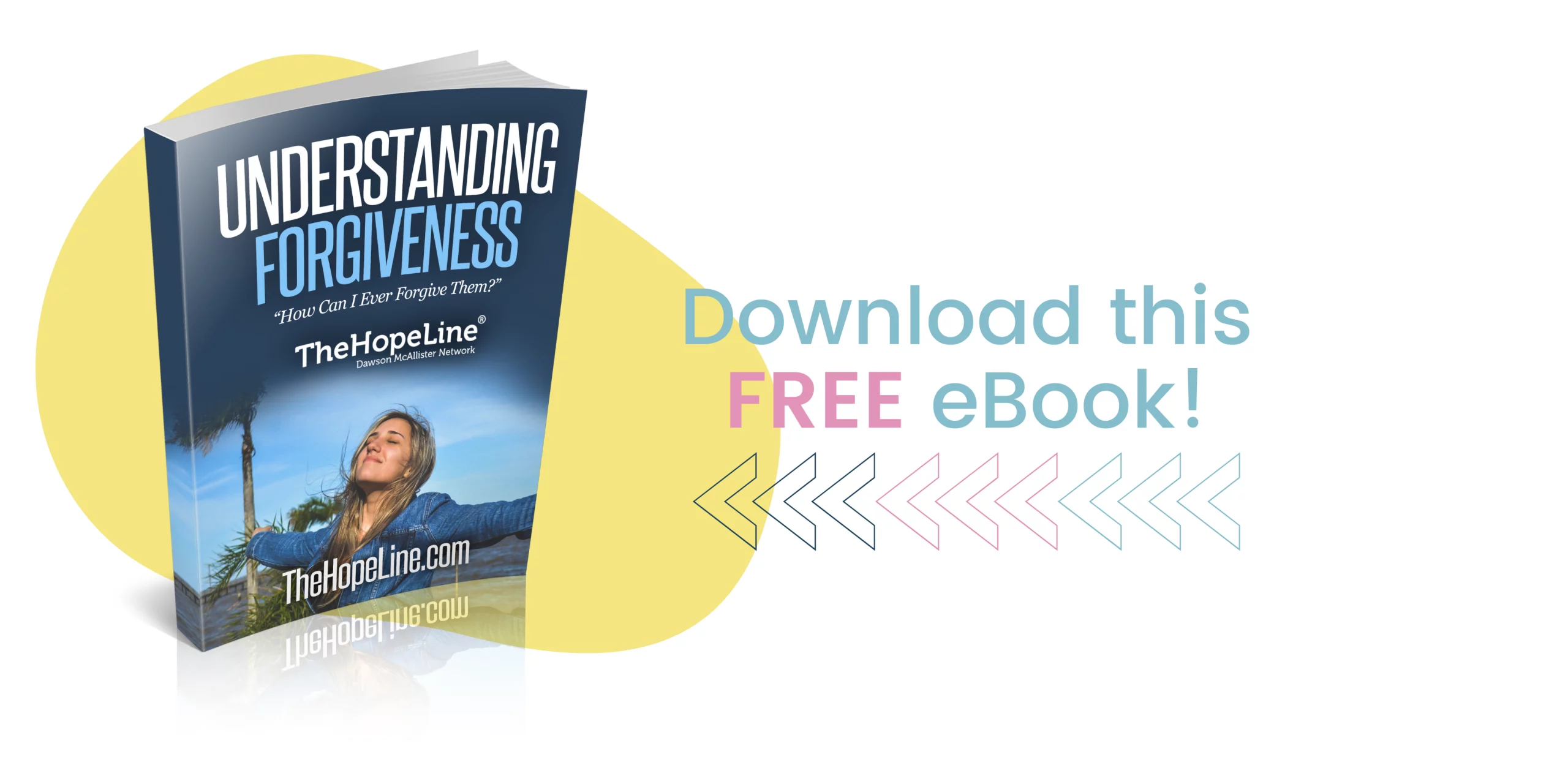I received this anonymous comment about a painful childhood at the hands of an abusive stepmother, and the power of forgiveness to heal their relationship. They said, When I realized that she doesn't have that kind of hold over me anymore, and I don't have the strength to hold a grudge anymore, I forgave her, not for her, but for me. I feel a lot better. I can now talk to new people. I can now look them in the eye (which is something she never allowed me to do, because she thought I wasn't good enough). It can be done. It may not be easy, but it can be done. It's a lot healthier for someone to forgive what others have done to them than to just hold that grudge.
Forgiveness is a Major Challenge
You will never regret forgiving those who have violated you in some way. J.P. agrees forgiveness is a major challenge, but well worth it: Forgiveness is tough for many including me. I recently started to forgive people who have done me wrong; a past girlfriend who cheated on me, and an ex-finance who cheated on me with four other guys. I've been single for six years because of what she did! Because of this forgiveness, I've been having a better relationship with my mom and family, and everybody else!
While the positive outcome of forgiving someone is great, there are serious consequences for those who refuse to forgive. In fact, choosing not to forgive can drastically and severely affect nearly every area of your life.
What Happens When You Don't Forgive?
By holding onto that desire to get even, you continually drink the toxic poison of unforgiveness, hoping to get back at the person who hurt you.
I have heard it said that holding onto unforgiveness is like continually drinking rat poison, hoping the rat will die. By holding onto the desire to get even, you continually drink the toxic poison of unforgiveness, hoping to get back at the person who hurt you. Not only does it sound crazy, but it doesn't work! Unforgiveness is like a boomerang--you can throw it at the person who has hurt you, but it eventually comes back and hits you.
Unforgiving People Can Become...
- Prideful
- Angry
- Resentful
- Bitter
- Vengeful
- Hostile
- Judgmental
- Lonely
- Fearful
- Joyless
- Defensive
- Exhausted
- Blaming
- Irrational
- Violent
- Manipulative
- Non-Communicative
- Self-Destructive
- Indifferent To Helpful Advice
- Emotionally Dead
- Untrusting
- Self-Absorbed
- Negative
- Cynical
- Self-Righteous
- Stubborn
- Hopeless
- Spiritually Bankrupt
If you are refusing to forgive someone, which of these descriptions fit you best?
Prideful people set themselves up as a higher judge than God Himself, who is continually willing and waiting to forgive.
Surely none of us would ever want any of these negative qualities to define who we are. But sadly, many people let these crippling characteristics consume their lives, simply because of pride...the root of unforgiveness. Prideful people set themselves up as even a higher judge than God Himself, who is continually willing and waiting to forgive.
That is why we often say, "When you choose to forgive, you free the offender, but more importantly, you free yourself."
Jasmine commented on how forgiveness is found when you set yourself free of bitterness: It helps you a lot! But most people, including myself, think when you forgive someone, you're helping them in some way, and not yourself. That's not true. A lot of people need to understand that forgiving someone doesn't just help the person who has hurt you. It especially helps YOU!
The bottom line of this blog is simple. Do yourself a big favor...FORGIVE!
For more on forgiveness, read my blog, How to Forgive Someone that Deeply Hurt You.




This a false and dangerous narrative to perpetuate. No one has to forgive to move on or be a healed person. Unforgiving people, as you state, are not any of the characteristics you listed because they are unforgiving. Injured people have those tendencies but forgiveness doesn’t alleviate those tendencies, healing does. You should know that healing the trauma which is often masked in the characteristics listed is what pulls a person out of the vortex. Once out of the vortex, perspective and healing can begin. Forgiveness, if one chooses after healing is a choice. Humans are fallable, yes, and should be afforded mercy and second-chances. However, some transgressions are unforgivable and insisting one’s inability to forgive is the reason for their despair is untrue and re-traumatizing.
When you forgive does it mean widrawing the case filed against the offender? If money is involved does it mean letting go off that money stolen or damaged properties?